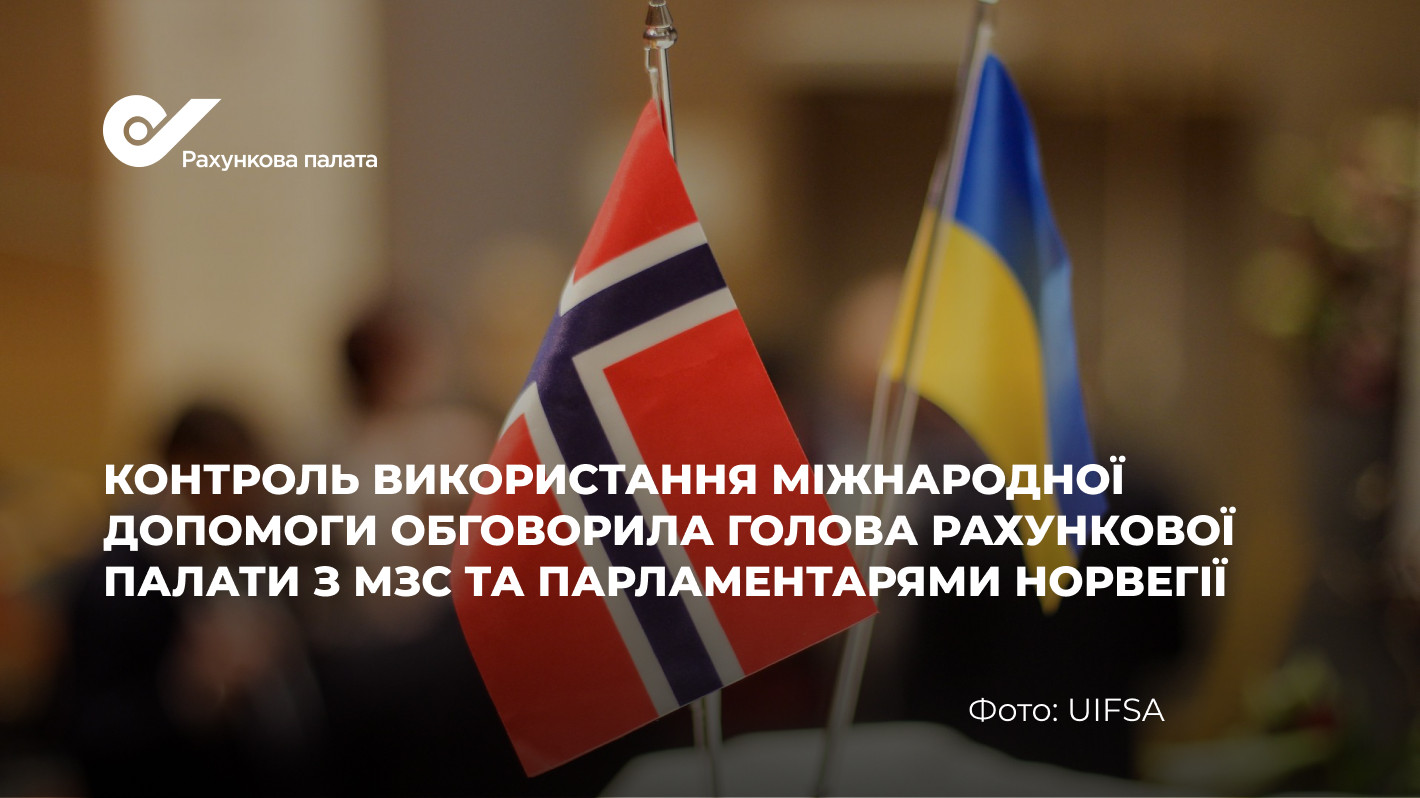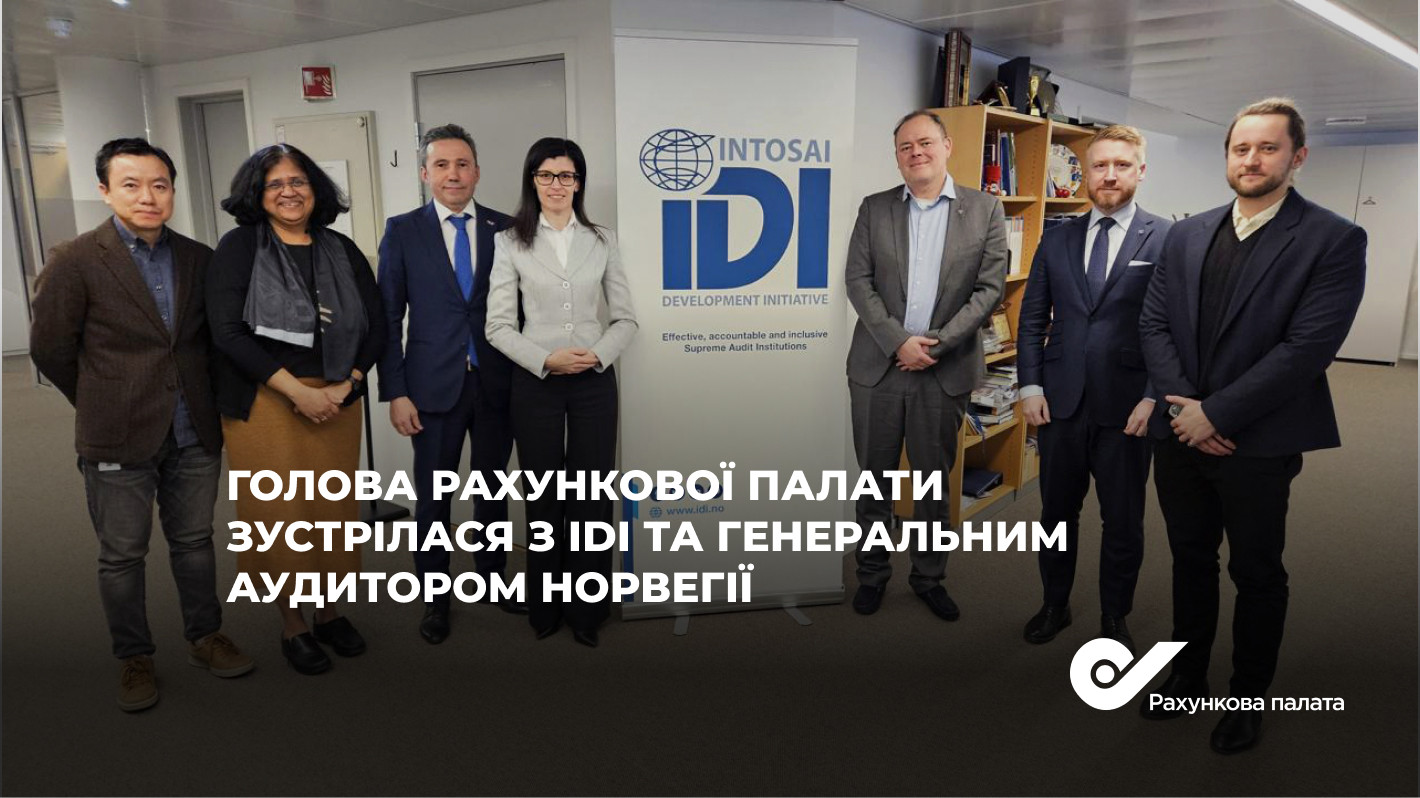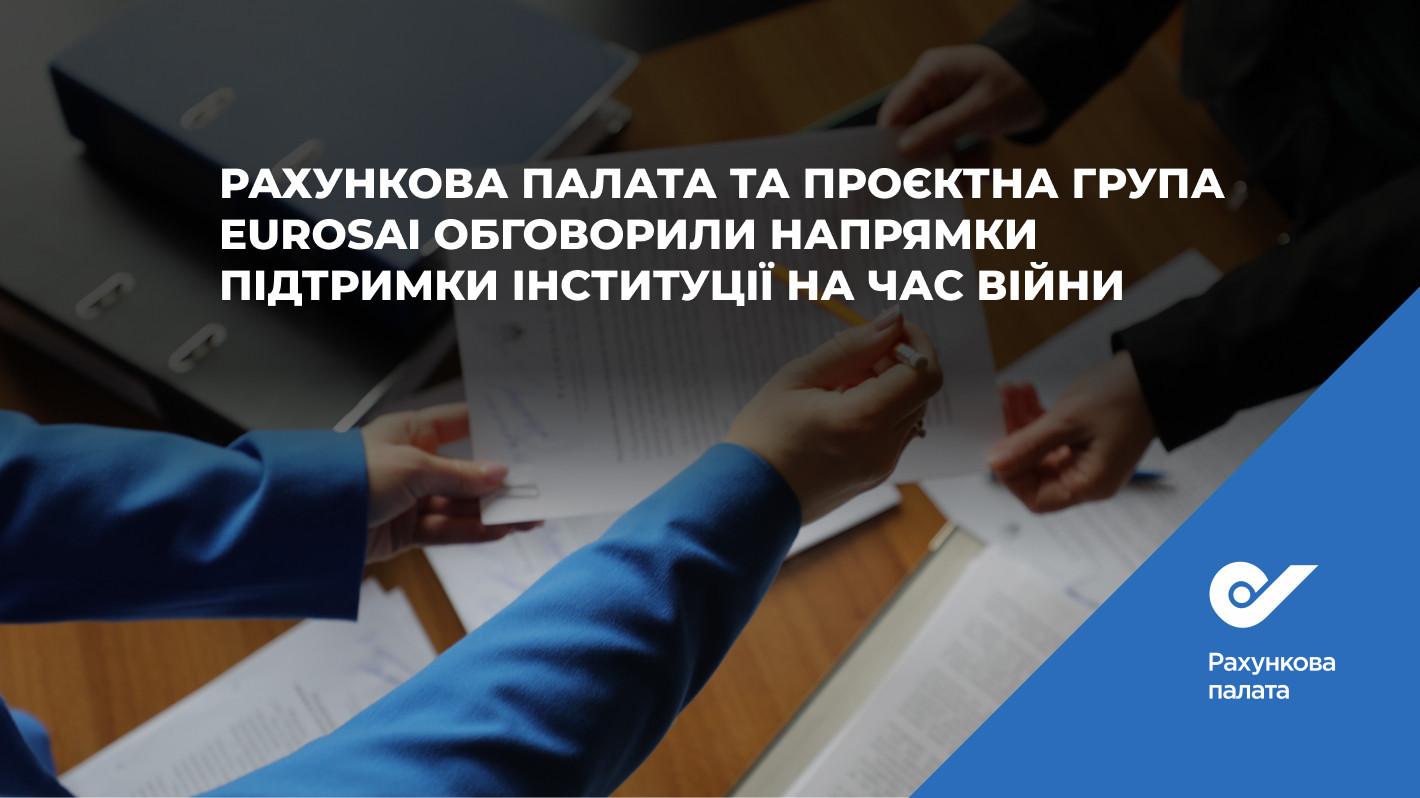Control over international waste movements should be strengthened and border crossings are equipped with more modern equipment to identify the amount and type of waste transported.
This was stated by the Chairman of the Accounting Chamber Valeriy Patskan during signing of the Joint Report of the International Coordinated Audit “Transboundary Movements of Wastes in the Light of the Basel Convention Provisions” in Rzeszów, Poland. The Report was signed also by the President of the Supreme Audit Office of the Slovak Republic Karol Mitrík and the President of the Supreme Audit Office of the Republic of Poland Marian Banaś.
The audit was carried out on a joint initiative of the SAIs of Ukraine, Poland and Slovakia within the implementation of the Strategic Plan of the EUROSAI Working Group on the Audit of Funds Allocated to Disasters and Catastrophes. The national audits were completed by the SAIs in 2019. The Member of the Accounting Chamber Viktor Bohun is responsible for the Ukrainian part of the audit.
The Chairman of the Accounting Chamber stressed that in most countries of the world and in Europe, the volume of waste, especially hazardous waste, is constantly growing, and this requires stronger control. Valeriy Patskan noted that according to Eurostat, in 2018 the movement of hazardous waste from EU member states totaled about 8 million tons, which is almost twice as much as in 2001 (4 million tons). “And now we are facing a new problem. The COVID-19 pandemic will accumulate significant amounts of personal protective waste that must be disposed of as hazardous. Therefore, the provisions of the Basel Convention are more relevant than ever. After all, they are aimed at protecting the health of the population and the environment, reducing the generation of such waste and limiting their cross-border transportation”, he said.
The results of the international coordinated audit conducted by the SAIs of Ukraine, Poland and Slovakia showed the need to increase the effectiveness of control over the transboundary movement of wastes and the impossibility of their uncontrolled leaving in the country through which international transit takes place.
This requires amendments to the provisions of national legislation to clearly define the responsibilities of the responsible authorities for the control of waste, the scope and manner of such control, as well as the procedure for interaction between these bodies. In addition, border guards must have the necessary equipment to accurately determine the amount and type of waste transported.
The audit showed that the current control at border crossings between Poland, Slovakia and Ukraine was formal, only documents were checked during waste transportation, and there is no physical inspection of their type and quantity specified in these documents.
In general, the results of this international audit reaffirmed the commonality of the problems facing Ukraine and EU countries, in particular in the field of transboundary movements of hazardous wastes. The Joint Report should draw the attention of the governments of the countries, whose SAIs participated in the audit, to the identified shortcomings and the need to take concerted action to address them.







